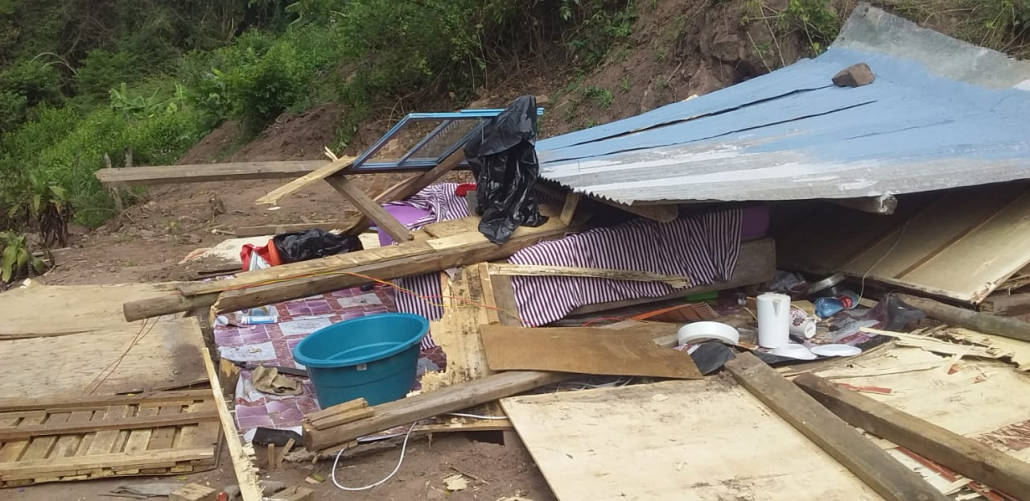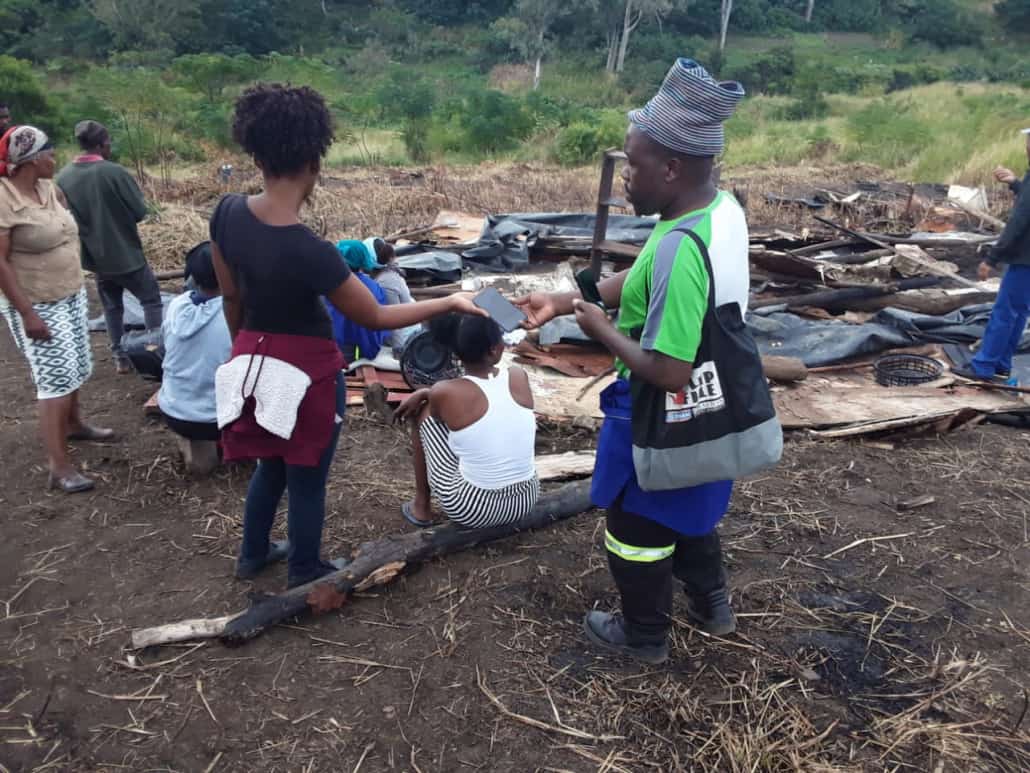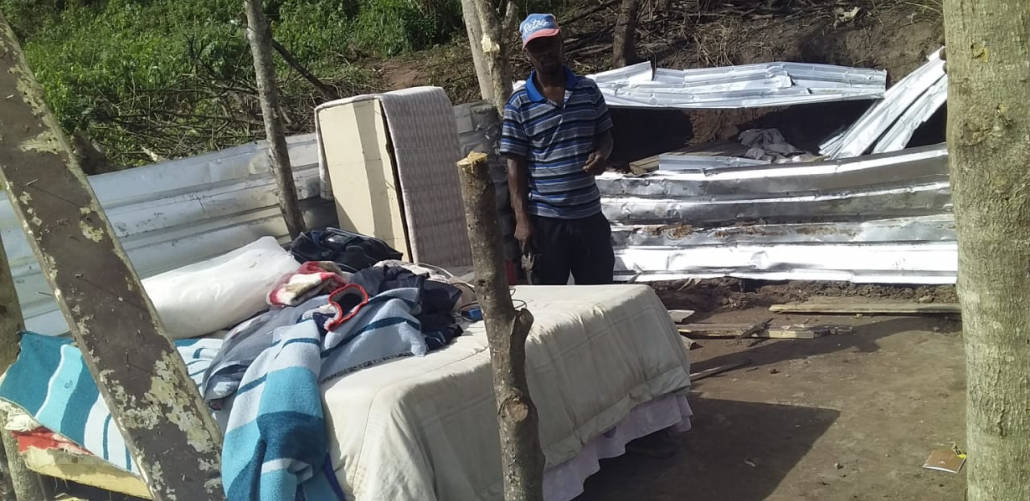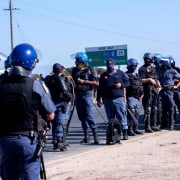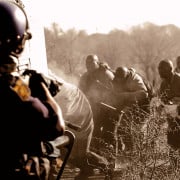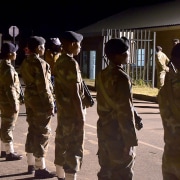|
Getting your Trinity Audio player ready...
|
By Thato Mahlangu
Forced evictions, allegedly carried out by the Cape Town and eThekwini municipalities during the national lockdown have been described as inhumane by a union.
Since the start of the lockdown security forces in many parts of the Western Cape have forcefully evicted informal settlements from land they had occupied, even though human settlements, water and sanitation minister Lindiwe Sisulu had called for the municipalities to suspend cutting of water supply and unlawful evictions.
The National Union of Metalworkers of South Africa (Numsa) said last week it was extremely dismayed and angered by the inhumane decisions taken by the City of Cape Town, which included unlawful and forced evictions and the cutting of water supply to residents of Khayelitsha and Makhaza, among others.
“The entire country is battling a vicious international pandemic in the form of the coronavirus, which has infected more than a million people globally. This decision was taken against the backdrop of the national government instituting a national lockdown of the country, and with a widespread campaign in support of sanitization and hand washing, which has correctly been promoted as one of the main ways to help alleviate the spread of the virus,” said Numsa’s general secretary Irvin Jim.
Government promises to stop evictions and water cuts
In a statement, Sisulu said she still insists that all municipalities adhere to government’s call to suspend all planned unlawful evictions in informal settlements during the lockdown.
She said the department is in the process of providing water and sanitation to informal settlements, public areas including taxi ranks, and rural areas.
“20 000 water tanks have already left the depot. Some have been connected to the water infrastructure and are providing much-needed water to communities, while others are currently being transported to communities identified as having a need,” Sisulu said.
• Informal settlers being evicted. Photo: Abahlali Basemijondolo.
“We are encouraged by Sisulu’s centralised approach in swiftly providing water tanks to communities in this crisis,” said Jim. “The struggle we are waging is for a unitary South Africa and not a federal system of government. We need to use what has been achieved in this crisis in terms of providing water to develop a national system that can effectively and urgently deliver water to communities in need. We would like to demand that the emergency interim measures are taken to deal with the health crisis be rolled out systematically, and on a permanent basis after we have passed this moment of crisis.”
Jim said the union is calling on national and provincial government to convene an urgent meeting in order to stop these ongoing and absurd attacks on the poor, attacks that are being perpetrated in the middle of a serious global health crisis.
Organisations unite in calling for action against illegal evictions
On Tuesday, 14 April 2020, the Anti-Repression Working Group of the C19 People’s Coalition – of which Corruption Watch is an active member – wrote a letter to President Cyril Ramaphosa and the National Command Council regarding these unlawful evictions, among other concerns. “The declaration of a state of disaster, and all the regulations that followed have been implemented in the name of combating the spread of Covid-19 and saving lives. It does not give municipalities and security forces licence to use this disaster as an opportunity to exert power over the powerless,” said the coalition.
The letter to the Presidency, which can be read in full here, addresses four main trends that have emerged since the state of disaster was declared:
- Evictions taking place across the country, despite the moratorium on evictions during lockdown;
- The Strandfontein camp for homeless communities set up by the City of Cape Town, which has been described as a concentration camp – violating the rights of occupants to safety and security, health, dignity, and privacy;
- The removal and relocation of refugee communities to camps similar to that at Strandfontein; and
- Instances of State violence throughout the country – including security forces firing on communities without provocation, meting out beatings, and making unlawful arrests.
According to the coalition, these trends demonstrate, at best, a misconception by municipalities and the police minister Bheki Cele, of their role and duty in the prevention of the spread of Covid-19.
The coalition said it demands that the Presidency take immediate action to stop these human rights violations.

